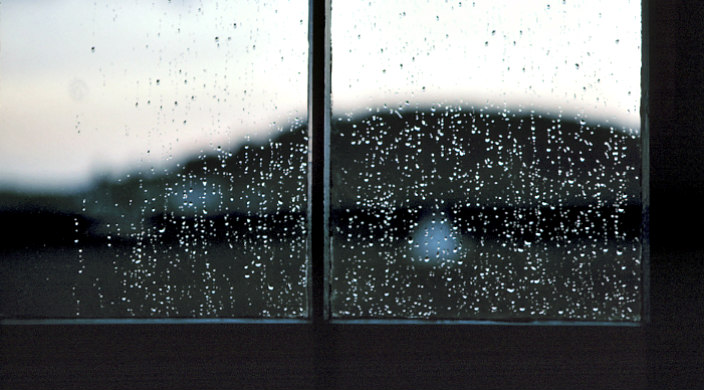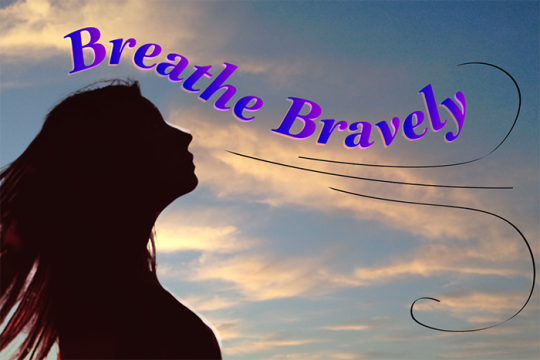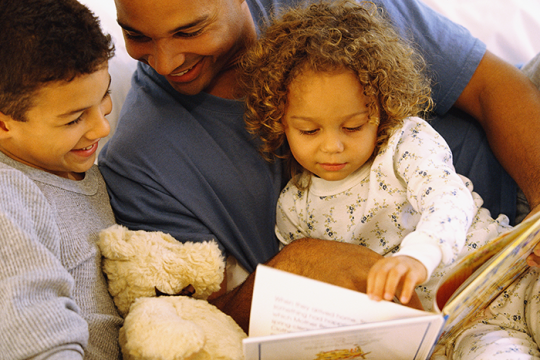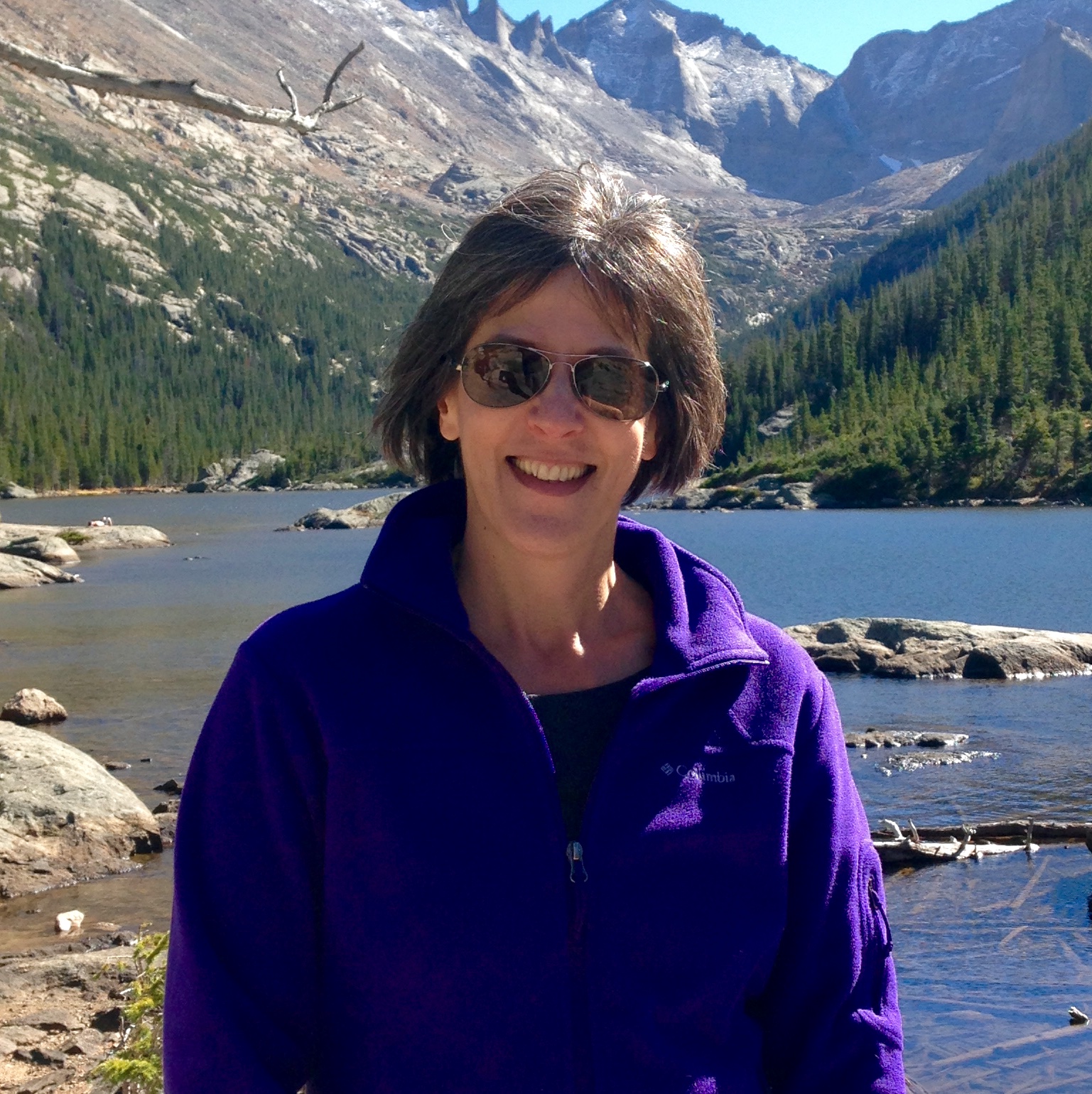
This year, the Hebrew month of Elul, which precedes the High Holidays, coincides almost exactly with September, which is Suicide Prevention Awareness Month. What do these two months – one in the English calendar, the other in the Hebrew calendar – have in common?
During Elul, we’re encouraged to reflect, opening ourselves up to the difficult task of owning our shortcomings and mistakes. In doing so, we strive to learn from them and enter into the holiest of days ready to be better, do better, and live better.
But that’s not enough.
As we take stock of our individual selves, so too must we take stock of our communities, synagogues, and Jewish places of learning, gathering, and prayer.
During Elul, it’s traditional to blow the shofar each morning as a way to stir our spirits and rouse our souls from slumber. Apathy, indifference, and a numbing to the suffering in our midst happens to us all, but the blast of the shofar reminds us there is no place for these attributes.
And so it is with Suicide Prevention Awareness Month.
“Suicide” is a word still fraught with stigma and shame. It makes us uncomfortable, so we speak of it in hushed tones. We are so afraid of saying the wrong thing that we often choose instead to say nothing.
We have thankfully moved past the time when those who died by their own hand were not allowed to be buried in Jewish cemeteries, but we have not come far enough. We must continue to educate ourselves and others, using our collective voices to lift the cloak of darkness that surrounds suicide loss and prevention.
And our silence must end.
According to the Centers for Disease Control, suicide in the United States has risen to the highest levels in nearly 30 years; it’s now the 10th leading cause of death in our nation, claiming an average of 117 lives each day. The facts go on and on, each more sobering than the last.
Perhaps most startling of all is that suicide is preventable. We have the power to help stop it.
During Elul, we read Psalm 27:
Adonai — Sh’ma/hear my voice when I call!
Have mercy on me and respond!You seek my heart,
My heart seeks You —
I seek Your Presence.Do not hide Your Face from me;
Do not turn Your servant away in anger!
You have always been my Help
so do not abandon me, do not forsake me,
my God, my Saving One.
We know there are those in our communities who are vulnerable, isolated, and on the periphery – suffering from mental illness, substance abuse, self-injurious behavior, suicidal ideation, or who have lost a loved one to suicide and are at greater risk themselves.
We hear their cries, like the sound of the shofar, and God wants us to answer. But how?
Studies show that connectedness is an important, protective factor for suicide. The CDC defines connectedness as “The degree to which a person or group is socially close, interrelated or shares resources” and says positive attachments to schools and organizations, including faith communities, can increase an individual’s sense of belonging.
We must cultivate that sense of connectedness for those who feel stigmatized or ashamed by their illnesses. We must demonstrate that our Jewish communities are safe havens by tearing down the walls of shame and by saying “mental illness” and “suicide” aloud to normalize the conversations.
We must ensure that clergy and other leaders are trained in Mental Health First Aid, readying our Jewish institutions to respond to behavioral health crises. We can learn to recognize the signs of suicide risk so that instead of turning in fear from those who need us most, we can respond by guiding them to proper help.
It is time, too, to reach out to survivors of such loss in a sustained, supportive way. In the moment we survivors learn of our loved one’s suicide, we are forever altered; many of us suffer from long-term PTSD. We need our faith and our Jewish communities to accompany us as we pick up the shattered pieces of our lives.
According to Edwin Shneidman, PhD, founding president of the American Association of Suicidology, “Survivors of suicide represent the largest mental health casualties related to suicide.” Postvention is a critical, defined, and organized response in the aftermath of a suicide to facilitate healing, mitigate negative effects of exposure to suicide, and prevent suicide among people who are at high risk after exposure to suicide.
As one who has experienced a suicide loss, I know that too often, suicide survivors are inundated with probing questions about the details of our loved one’s death, or the signs we missed. Some don’t come to pay their respects at all because the loss makes them so deeply uncomfortable. That’s why clergy should seek out resources and training to help them respond to survivors’ grief, and trauma and congregants should be guided in how to be supportive when visiting a house of mourning after a suicide.
Elul is upon us. The sound of the shofar reminds us that this silent epidemic must be addressed. Its cries echo those left in the depths of sorrow, feeling alone, believing that those who love them most would be better off without them. Our fear of mental illness must be replaced with a resolve to educate ourselves and others.
Hear, O Lord, when I cry aloud;
have mercy on me, answer me. (Ps. 27.7)
As we take stock during Elul, let us look beyond ourselves to those who suffer. Echoing the psalmist, may we watch over them with “integrity and uprightness.” If “[t]he Lord is [their] light and [their] help,” let us be a lantern and a loving hand, protecting them in our communal tent.
This piece is adapted from a longer essay published on the author's blog. Read the original piece on Reflecting Out Loud.
Related Posts

9 Jewish Activities to Try When You’re at Home with Kids

Breathe Bravely


